Many people, after preparing or buying chicken outside - especially deep-fried, whole roasted or boiled chicken - notice that there are still traces of red blood inside. So, is that a sign that the meat is undercooked? Does eating like that affect your health?
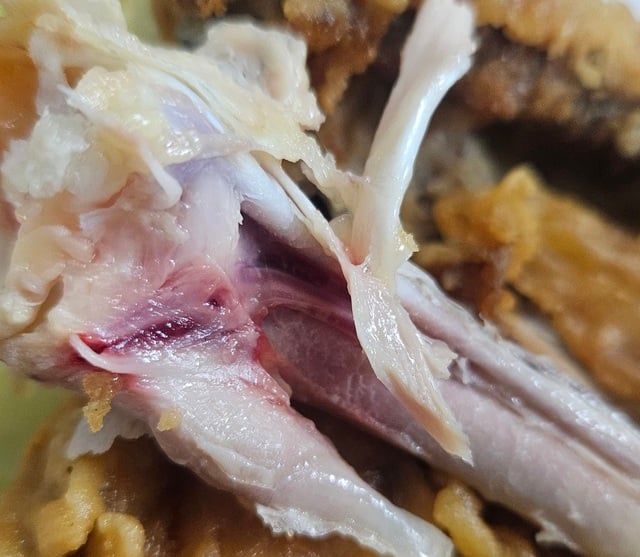
Bacteria in undercooked chicken can be harmful to children and pregnant women.
PHOTO: NHU QUYEN
Why is there still blood in cooked chicken?
Doctor Chu Thi Dung, University of Medicine and Pharmacy Hospital, Ho Chi Minh City - Branch 3, said that the phenomenon of the inside of processed chicken meat being blood red can occur because chickens have a thick capillary system, blood easily stagnates if not cut the blood or processed unevenly.
Some cooking methods do not use enough heat, causing the inside to be undercooked. In addition, the industrial chickens often used grow quickly, and the bones are still soft and fragile, which can easily cause capillaries to rupture during processing.
Even if the outside appears cooked, meat near the bone or in thick areas may not have reached a safe internal temperature.
On the other hand, according to Greg Blonder, a Harvard physics professor and expert in culinary techniques in the US, in some cases, young chickens used for processing have hollow, thinner and more porous bones than adult chickens. When cooked, “the purple bone marrow - which contains the protein myoglobin responsible for storing oxygen - leaks into the meat, causing the bones to become discolored and the meat adjacent to the bones will also turn red, even though it has been cooked to a safe temperature”.
Is it safe to eat?
According to Dr. Dung, undercooked chicken is not safe to eat, and is even a major food safety risk.
“Pathogenic bacteria such as Salmonella, Campylobacter, E. coli often exist in raw chicken. They can cause food poisoning, with symptoms ranging from mild such as nausea, diarrhea, abdominal pain, to severe such as dehydration, enteritis, and sepsis.”
Besides, Dr. Dung said, “cooked” food is essential for the spleen and stomach. In traditional medicine, cooked food not only protects the body from bacteria, but also transforms the taste, helping the spleen and stomach (digestive system) to digest and absorb easily.
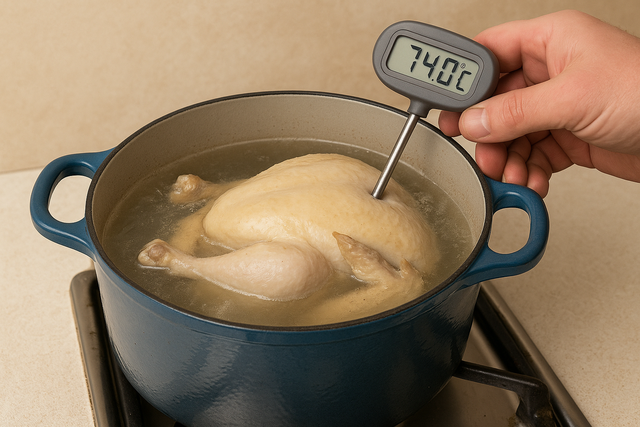
You can use an electronic thermometer to check the temperature when cooking chicken.
ILLUSTRATION: AI
Meanwhile, raw, rare or bloody meat is considered to be “cold” and “low”, easily generating phlegm and dampness, causing stagnation of blood and qi. They damage the spleen and stomach, and people with weak spleen when eating them are prone to bloating, indigestion, and prolonged diarrhea.
According to the oriental medicine perspective, food that is not absorbed effectively will affect the vitality of blood, making the body tired, easily weakened, weakening resistance, and thus susceptible to disease.
Therefore, both Eastern and Western medicine recommend avoiding eating chicken with blood, especially the following subjects:
- Children: The spleen and stomach are not fully developed.
- Elderly: Digestion and metabolism are reduced.
- People with weak spleen and stomach: prone to bloating, diarrhea, indigestion.
- Weak people, people with underlying diseases: Susceptible to food poisoning, leading to enteritis and high fever.
How to cook chicken safely at home
Therefore, Dr. Dung advises everyone to make sure the chicken is thoroughly cooked, especially the thickest parts (such as thighs and breasts), with an internal temperature of at least 74°C. This is a safe temperature to help kill disease-causing bacteria commonly found in raw chicken.
When processing, it can be checked simply by the following ways:
- Use a food thermometer to check, 74°C is safe to eat. This is the best and most reliable way to ensure the correct doneness of the meat.
- Observation: The meat inside is no longer pink and there is no blood.
- Use chopsticks or knife to test: No longer feels tough, secretes pink fluid.
- Boiling: Whole chicken needs to be boiled for at least 25-30 minutes. After boiling, you can lightly cut the chicken thigh to check.
- Frying/roasting: Turn all sides thoroughly, focusing on the breast and thighs.
“Cooking thoroughly is not only a safety requirement of modern medicine, but also a basic principle of health preservation in traditional medicine,” Dr. Dung emphasized.
Protect your health when preparing and consuming food
Below is advice from Dr. Chu Thi Dung from two medical perspectives to ensure health when consuming food:
Modern medicine:
- Always eat cooked food and drink boiled water.
- Avoid eating rare chicken, blood pudding, or medium rare dishes, especially for children and sick people.
- Clean knives and cutting boards, do not share utensils with raw chicken and ready-to-eat foods.
Traditional medicine:
- Protect your spleen and stomach by eating on time, eating just enough, not eating too fast or too much.
- Limit raw, cold, and greasy foods because they can easily cause cold and dampness, damaging the spleen and stomach.
- Choose dishes that suit the season and physical condition: In the cold rainy season, you should eat warm foods and avoid raw foods; people with weak spleen and stomach should prioritize soft, well-cooked, and easily absorbed dishes.
Source: https://thanhnien.vn/thit-ga-che-bien-xong-van-con-mau-nguon-gay-benh-tiem-an-185250713151936497.htm




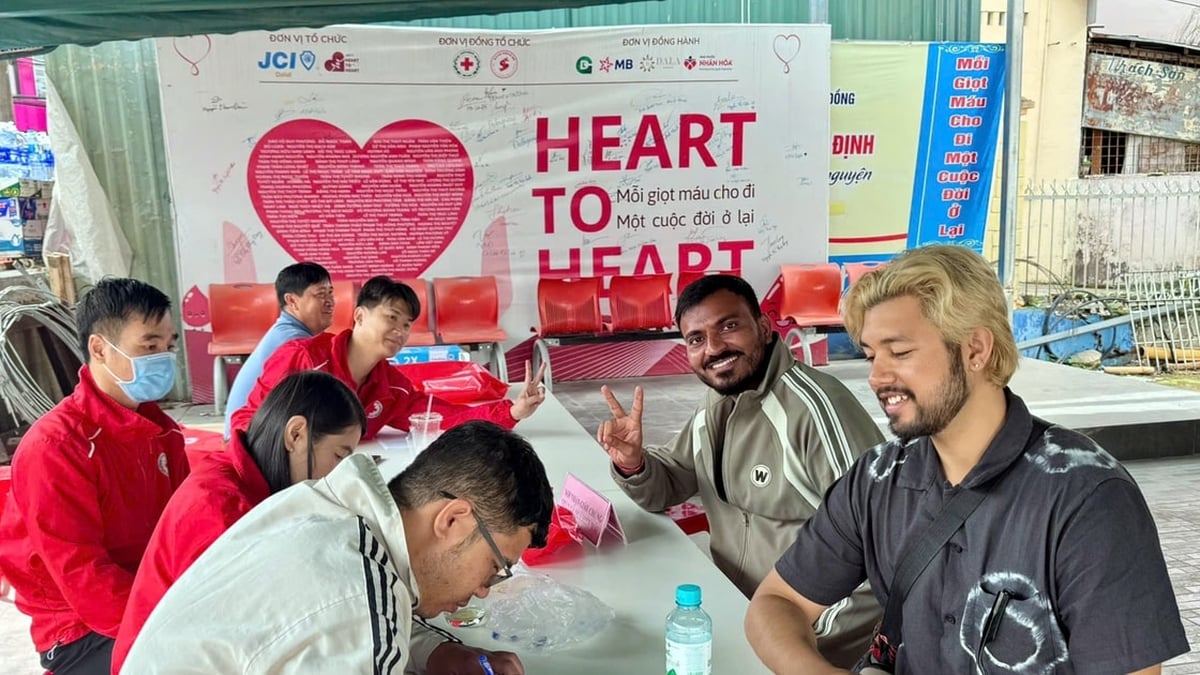
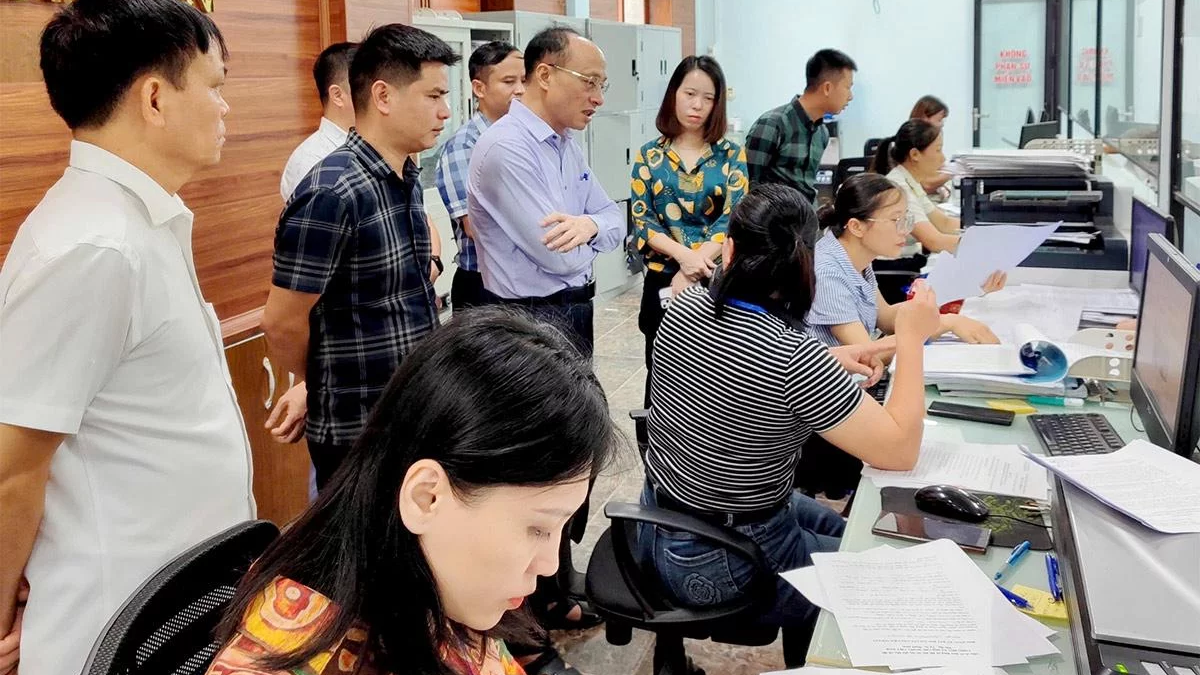





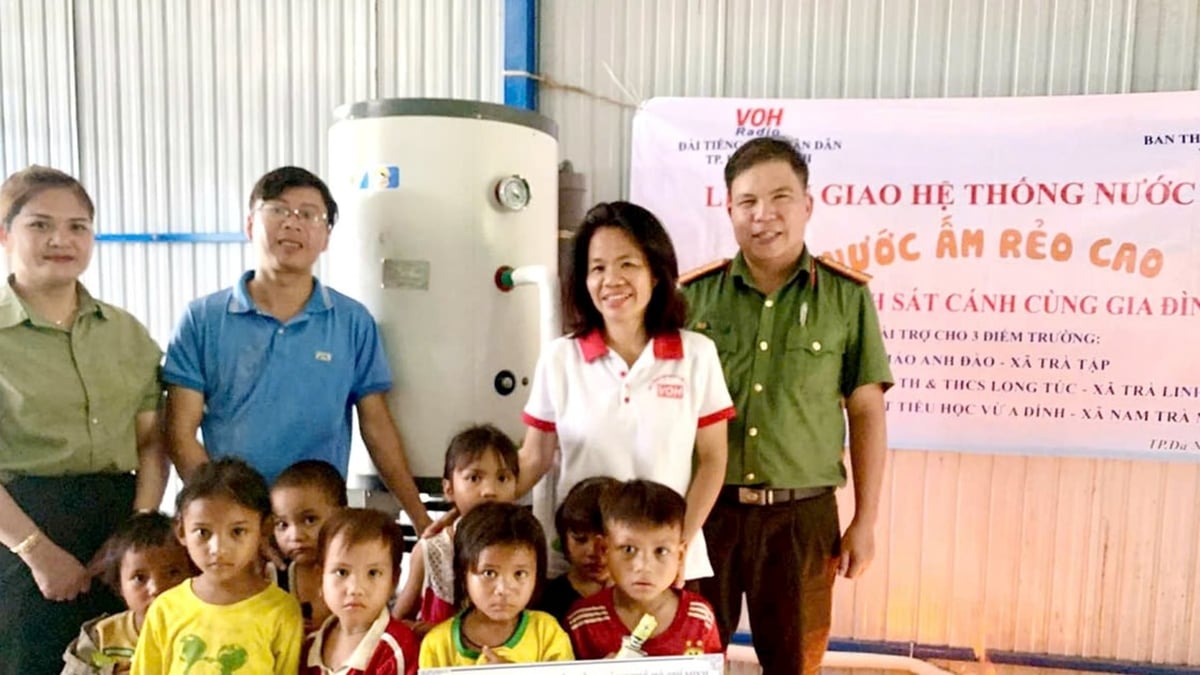




















































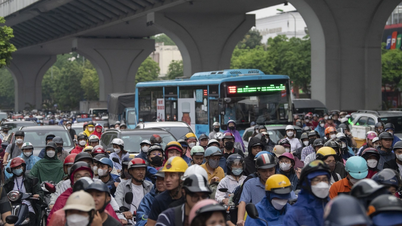

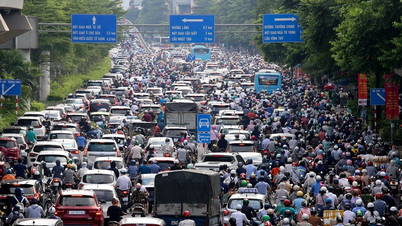



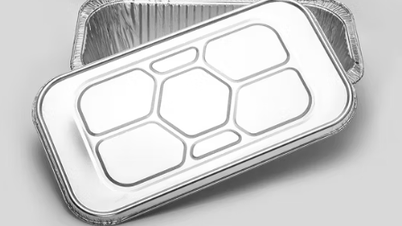






























Comment (0)